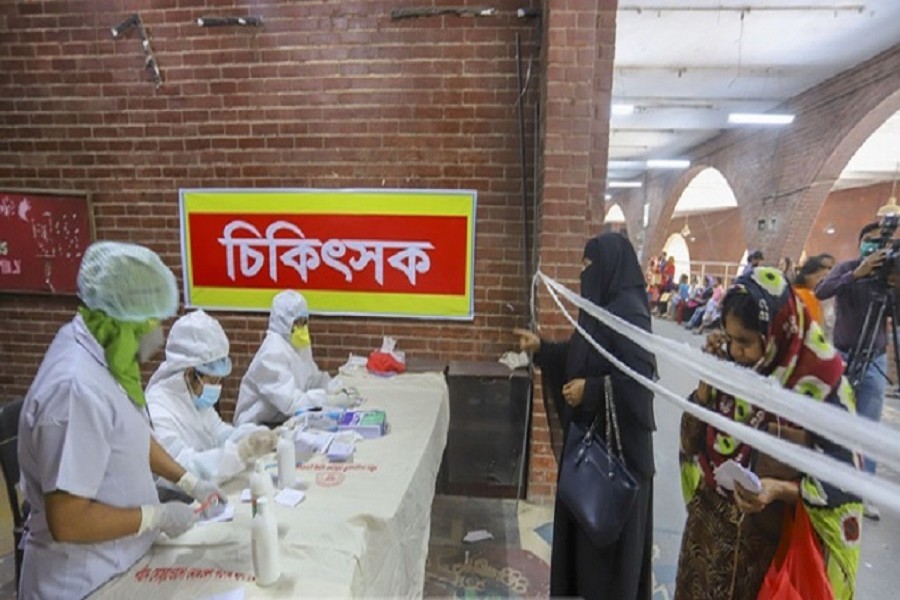As the world is now reeling under the deadly coronavirus pandemic, nations one after another have been announcing stimulus packages worth billions of dollars, depending on their fiscal ability. The G-20 has also committed to injecting $5.0 trillion into the global economy. How far the packages would achieve their desired objectives is difficult to predict right at this moment. What is important here is that the challenge of the coronavirus attack is immune to financial solutions.
The fast spread of the infection might put most plans aimed at keeping the national as well as global economies buoyant in jeopardy. Predictions are that a recession might follow the pandemic and it could be worse than that of 2008. Since stimulus packages might fail to generate enough demand in the economy right at this moment, it would be prudent to employ resources for crisis management and offer lifeline to who need it most. Individual nations as well as multilateral institutions would require to take up stimulus packages of even bigger volume to deal with the recession when the pandemic subsides.
Bangladesh, too, has decided to make available some amount of money within its means to minimise the negative effect of the health emergency of an unprecedented scale. The Prime Minister in her address to the nation late last week announced the availability of a fund worth Tk 50 billion (about US$600 million) not as stimulus package but for paying the wages and allowances to workers and employees of export-oriented industries. That seems to be a right approach, at least, partially. There is no denying the industries producing intermediate goods and items for domestic consumption are no less important in the context of national economy. But industries that fetch the most part of foreign exchange earnings do deserve special attention.
However, the government has a duty to ensure some financial assistance to the most vulnerable classes, both economically and socially, during this difficult time. It is also equally important to make available subsistence allowance to a large number of rural and urban households who depend on casual labour as their major source of income. There are also millions of self-employed people who do not have any earning because of a near-lockdown situation now prevailing across the country.
The government appears to be sensitive to the minimum needs of these classes of people. The prime minister in her address announced that low- income people will receive assistance in their own villages under the government's 'ghore fera' (return to home) programme. People in their thousands, including rickshaw pullers, day labourers, roadside vendors, and garment workers, have already gone back to villages due to the ongoing shutdown that is scheduled to last until April 04 next. The extension of the shutdown is also very much likely. These people are in need of support from the government, non-governmental organisations (NGOs) and philanthropists. The government should also expand its safety net programme to cover these people.
The government, on its part, must ensure fair and timely distribution of its assistance. In addition to helping the hapless section of people, the government does need to offer stimulus to other productive sectors to help sustain employment. On the top of everything, the government will have to meet the much-needed spending on the containment of pandemic with the primary objective of putting in place a universally accessible testing system to prevent transmission of coronavirus over a longer period. It is now universally accepted that testing remains the key weapon in the fight against the virus.


